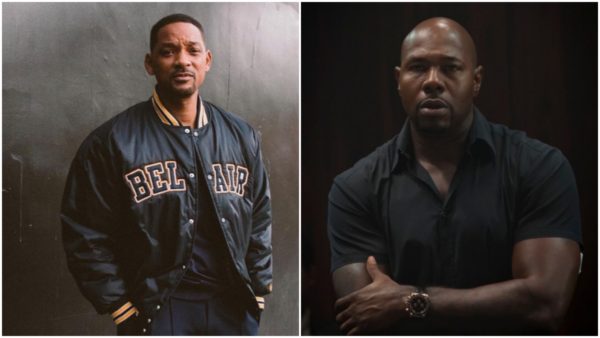The fate of Will Smith and director Antoine Fuqua’s film “Emancipation” might no longer be hanging in the balance.
The period piece was reportedly shelved by AppleTV in the wake of Smith’s controversial appearance at the 2022 Oscars, where he struck Chris Rock in the face as the comedian stood on onstage.

However, the A-list star’s project may not be condemned to collect dust after all. On Oct. 1 Apple and the NAACP hosted the movie’s first screening in Washington, D.C., during the Congressional Black Caucus Foundation’s 51st Annual Legislative Conference. Smith and Fuqua were on hand for the screening, where the “King Richard” actor openly spoke about his aversion to making a film that was set during the era of slavery.
“Throughout my career I’ve turned down many films that were set in slavery. I never wanted to show us like that, you know? And then this film came along. This is not a film about slavery, this is a film about freedom, this is a film about resilience,” he said while standing alongside Fuqua.
He added, “You know, this is a film about faith. It’s a film about the heart of a man. What could be called the first viral image, cameras had just been created, and the image of Whipped Peter went around the world and was a rallying cry against slavery. This was a story that exploded and blossomed in my heart that I wanted to be able to deliver to you in a way that only Antoine Fuqua could deliver.”
In the film, Smith portrays “Whipped Peter,” a former Union Army soldier who had escaped a Louisiana plantation. The iconic image of his scarred back first appeared in newspapers during the Civil War. Production for “Emancipation” began in the summer of 2021 in Georgia. However, the state’s new voting restrictions that many referred to as being reminiscent of the Jim Crow era led Smith and Fuqua to move filming to New Orleans, Louisiana.


